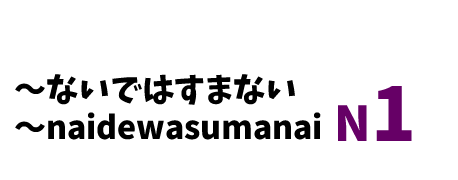
【N1】~ないではすまない /~naidewasumanai
~ないではすまない ~naidewasumanai (adsbygoogle = window.adsbygoogle ...
This website for your JLPT,Japanese proficiency test! 日本語能力試験対策

~ないではすまない ~naidewasumanai (adsbygoogle = window.adsbygoogle ...
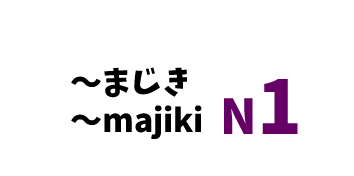
~まじき ~majiki (adsbygoogle = window.adsbygoogle || []).push...

~極まる ~kiwamaru How to make"~極まる...." in Japanese. ・ Mean...
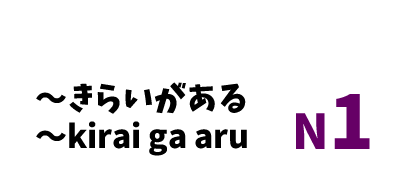
~きらいがある ~kirai ga aru (adsbygoogle = window.adsbygoogle ||...

~を禁じ得ない ~wo kinjienai (adsbygoogle = window.adsbygoogle ||...
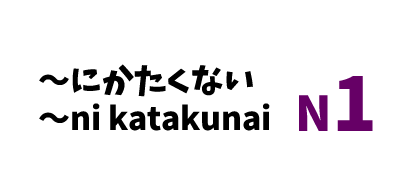
~にかたくない ~ni katakunai (adsbygoogle = window.adsbygoogle ||...
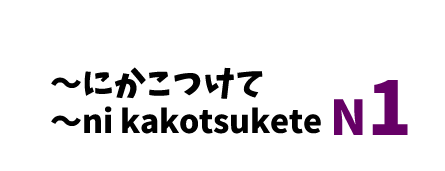
~にかこつけて ~ni kakotsukete (adsbygoogle = window.adsbygoogle ...
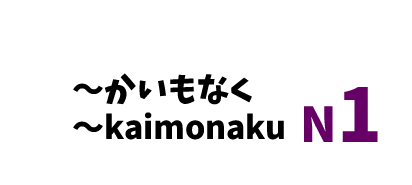
~かいもなく ~kaimonaku (adsbygoogle = window.adsbygoogle || [])...
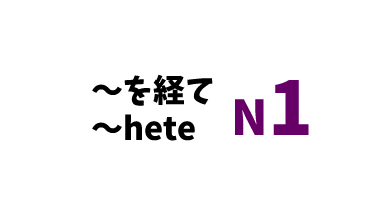
~を経て ~wo hete (adsbygoogle = window.adsbygoogle || []).pus...

~をふまえて ~wo fumaete (adsbygoogle = window.adsbygoogle || []...
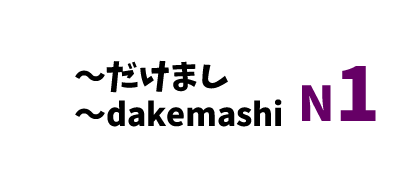
~だけまし ~dakemashi (adsbygoogle = window.adsbygoogle || [])....
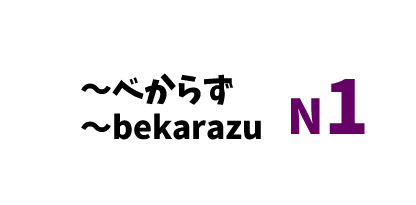
~べからず ~bekarazu (adsbygoogle = window.adsbygoogle || []).p...
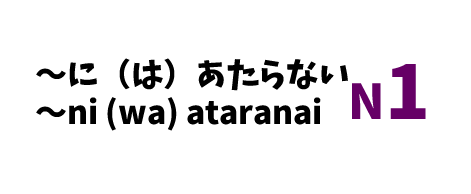
~に(は)あたらない ~ni (wa) ataranai (adsbygoogle = window.adsbygo...
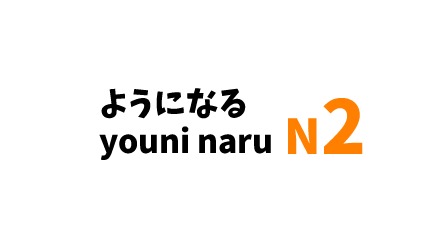
~ようになる~youni naru How to make"~ようになる" in Japanese. ・ ...
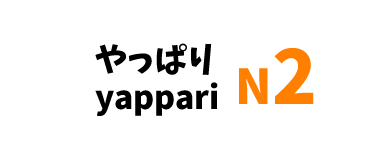
やっぱり yappari How to make"やっぱり" in Japanese. ・ Meaning:...
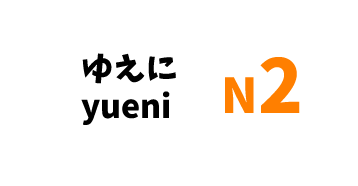
ゆえに yueni How to make"ゆえに" in Japanese. ・ Meaning: <...
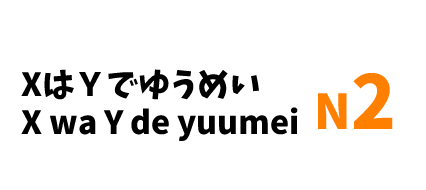
XはYでゆうめい X wa Y de yuumei How to make"XはYでゆうめい" in Japanese. ...

XといってもY X to itte mo Y How to make"XといってもY" in Japanese. ...

XはYくらい X wa Y kurai How to make"XはYくらい" in Japanese. ・...

わざわざ wazawaza How to make"わざわざ" in Japanese. ・ Meaning...

~わけです ~ wake desu How to make"~わけです" in Japanese. ・ Me...

~としたら ~ to shitara How to make"~としたら" in Japanese. ・ M...
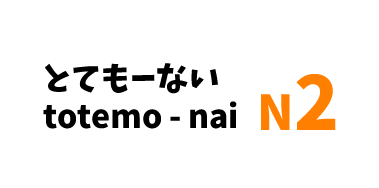
とても~ない totemo~ nai How to make"とても~ない" in Japanese. ・...

~というわけではない ~to iu wakedewanai How to make"~というわけではない" in Japanese....

~てき~teki How to make"~てき" in Japanese. ・ Meaning:type,...

~てはじめて~te hajimete How to make"~てはじめて" in Japanese. ・ ...

~たて ~tate How to make"~たて" in Japanese. ・ Meaning:some...

たしか tashika How to make"たしか" in Japanese. ・ Meaning: I...

~たものだ ~ta monoda How to make"~たものだ" in Japanese. ・ Mea...

~たばかり ~ta bakari How to make"~たばかり" in Japanese. ・ Mea...
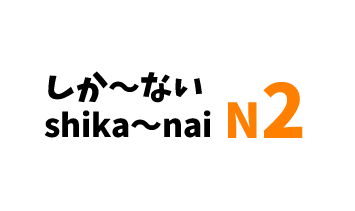
しか~ない shika~nai How to make"しか~ない" in Japanese. ・ Meanin...
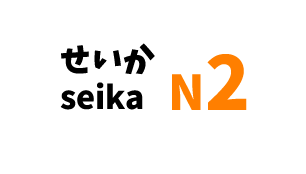
せいか seika How to make"せいか" in Japanese. ・ Meaning: per...
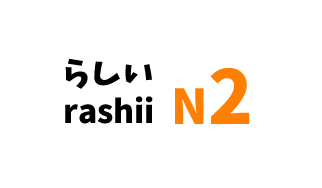
らしい rashii How to make"らしい" in Japanese. ・ Meaning: it...

っぽい ppoi How to make"っぽい" in Japanese. ・ Meaning: somt...
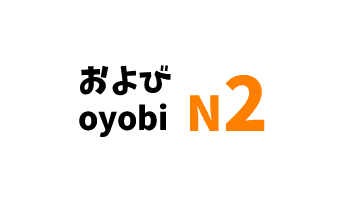
および oyobi How to make"および" in Japanese. ・ Meaning: and...
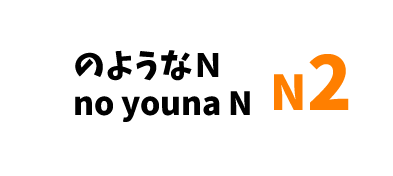
~のようなN ~no youna N How to make"~のようなN" in Japanese. ・ ...